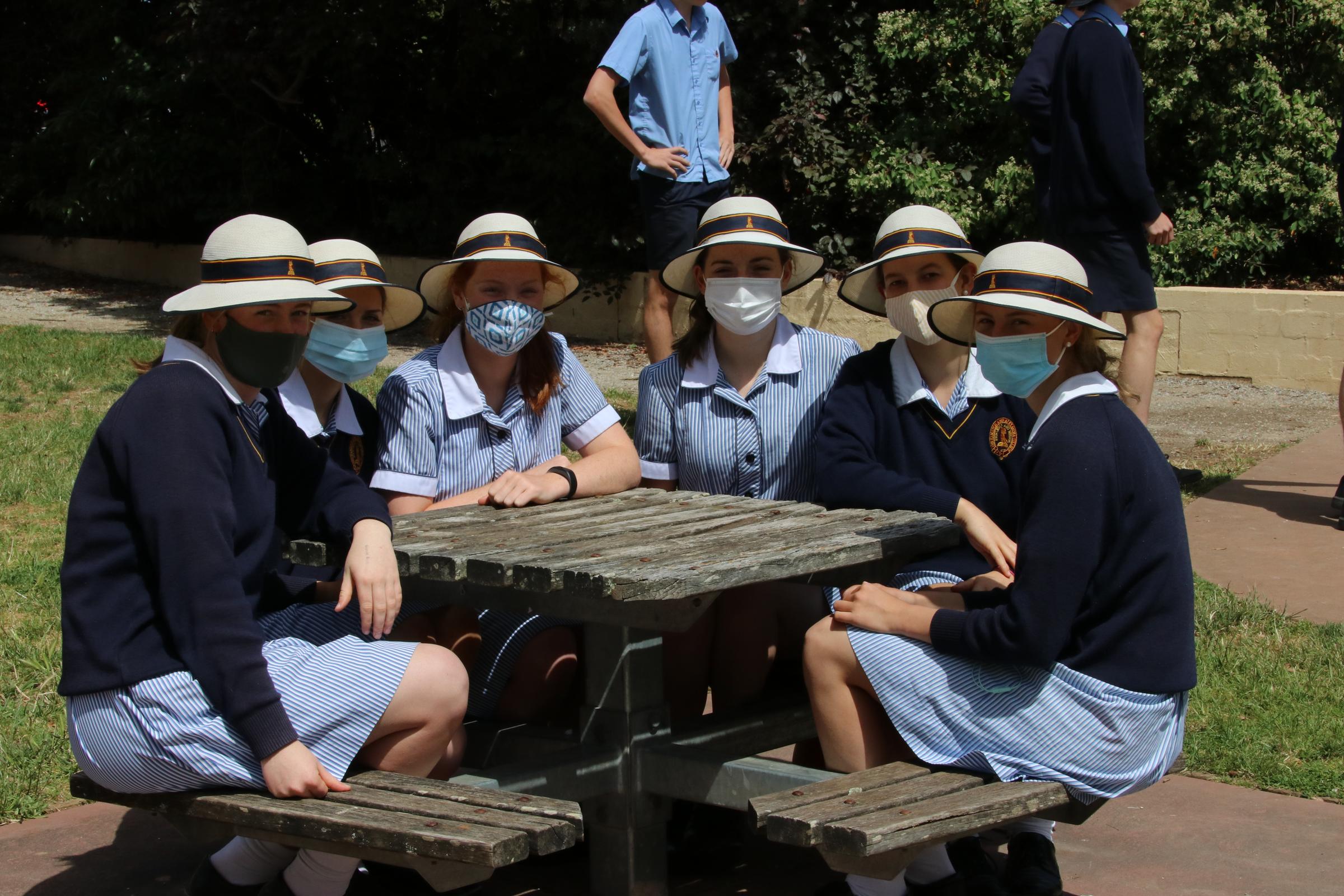Wellbeing

As we near the end of the school year, many students are feeling rising anxiety and in many instances, this is related to exams. Students are also feeling tired, homesick and many have reported to me that they are feeling generally fatigued, physically and emotionally. These are all totally normal reactions which I discuss with students and parents. Often the outcome that we discuss revolves around completing the school year with determination and grit.
The ‘Emotion Coaching Powerful Parenting Phrases’ below may be useful for parents during these final weeks of the year. The full article can be found at: https://nurtureandthriveblog.com/emotion-coaching-parents/
1: “It’s okay to be upset- it’s good to let it out.” This acknowledges and validates feelings, both positive and negative, and reassures the young person that emotions need to be felt.
2: “I hear you- I’m here for you- I’ll stay with you.” Stay with your child when they are experiencing big emotions.
3: “It’s okay to feel how you feel. It is not okay to ____.” It may be necessary to use a clear limit in how the emotion can be expressed. Eg: “It’s okay to be angry. It is not okay to hit or be aggressive.”
4: “How you feel right now won’t last forever. It’s okay to feel how you are feeling. It will pass and you will feel better again soon.” This can also help to diffuse or lessen big emotions.
5: “Let’s take a breath, take a break, sit down and pause for a minute.” Sometimes young people need to sit and experience the emotion or feeling, take some deep breaths and move forward.
6: “You are good and kind.” Reminding young people that even though they may have made a poor choice or exhibited an undesirable behaviour, that they are not ‘bad’.
7: “I’ll be over here when you need me.” Give the young person time to calm down rather than being involved in any shouting or yelling. This will only increase the intensity of emotions, walk away and offer support for after the storm has passed.
8: “Let’s start-over.” Everyone needs a chance to re-set and a chance to try and do something better.
9: “What can we learn from this? What is the lesson in this?” There are lessons in anger, pain, disappointment. It is through emotions and mistakes that we can grown and learn.
10: “You’ll remember next time.” This phrase tells young people that they are not a failure and that they can change their behaviour if they are in the situation again, eg. “I think you’ll remember next time to use your words rather than lashing out.” This empowers the young person to adjust their behaviour and encourages a desire to change their behaviour in the future.
In what has been a challenging year, we need to acknowledge how we are feeling, validate these emotions and do our best throughout the coming exams and end of year activities.
Kate Couchman

